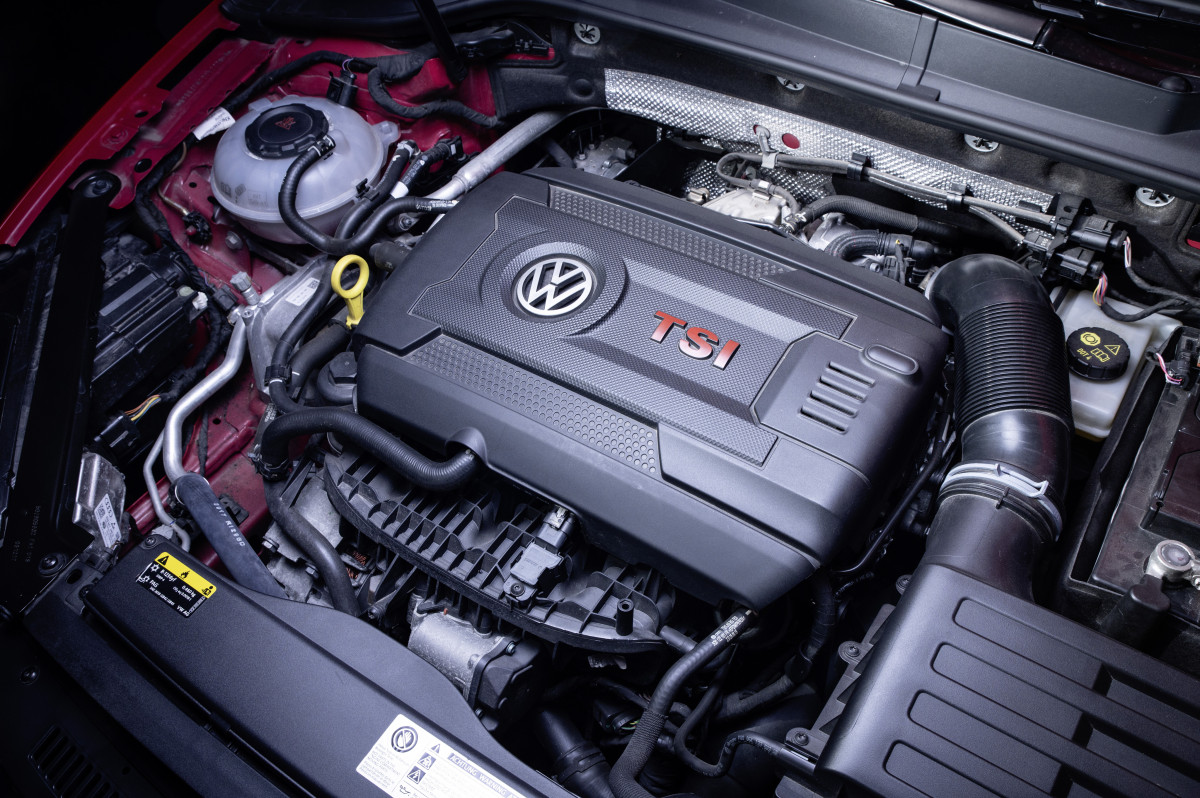German chancellor calls on Volkswagen management to protect domestic jobs in restructuring plans
The German chancellor has called upon the management of carmaker Volkswagen (VW) to tread carefully regarding plans cited by the company’s works council to shutter three domestic factories and reduce the workforce in its home country by tens of thousands of employees.
A spokesperson for Scholz said that the government leader’s position was that “possible management errors from the past must not be to the detriment of workers” at Germany’s largest carmaker, public broadcaster NDR reported. The focus should be put on saving jobs, Scholz’s spokesperson added. Members of Volkswagen’s management are expected to take part in an industry policy summit at Scholz’s chancellery on Tuesday (29 October).
The works council’s chairwoman at Volkswagen, Daniela Cavallo, on Monday (28 October) said that at least three car plants would be closed in the next years and almost all others would be affected by the plans, public broadcaster WDR reported. She said the company’s management planned to considerably cut VW’s domestic workforce and relocate entire departments abroad.
“All VW factories in Germany are affected by these plans. None are safe,” Cavallo said, without specifying which measures should be implemented where. She argued VW lacked a "coherent overall concept" of how it should emerge from the crisis.
The automaker's management is facing the ire of its works councils ahead of the next round of collective bargaining with trade union IG Metall this week. VW's management did not confirm the works council's statement, arguing that it still was in "confidential talks" with its labour representatives, NDR reported. However, it added that the company's situation was "serious" and that it had arrived at a "decisive point in its history."
The company currently runs ten factories across Germany and employs about 120,000 people in one of the country’s most important industry branches. Following the major financial and regulatory impact related to its involvement in the so-called dieselgate emissions fraud scandal uncovered in 2015, the company greatly ramped up investments in electric mobility in the past years. However, VW so far struggles to meet sales targets in the fast-growing EV market segment.
EU regulation also to blame for VW’s struggle, says Bavaria’s state premier
About half of the workforce is located at Volkswagen’s main factory and headquarters in Wolfsburg in the northern state of Lower Saxony. The VW plant in Osnabrück, which recently failed to secure a large order from VW subsidiary Porsche, would be particularly at risk of being shuttered, the works council said.
Lower Saxony’s economy minister Olaf Lies said the public was greatly concerned by the purported plant closures. Lies, who also hails from Scholz’s Social Democratic Party (SPD), said that all VW production sites in Germany should be protected. The state of Lower Saxony owns a major equity share in the company.
Markus Söder, conservative Christian Social Union (CSU) head of southern state Bavaria, said that while management errors had contributed to VW’s difficulties, national and EU regulations would also weaken Germany’s car industry. “The Green Deal and the German coalition government’s decisions come at the expense of Germany’s competitiveness,” Söder told news agency dpa.
In the face of increasingly ambitious climate targets, a phase-out of the combustion engine looks all but inevitable and is a set policy in an increasing number of countries. Faced with the transformation to sustainable mobility and away from combustion engines, German car manufacturers and industry suppliers generally are struggling with global competition, weak sales figures and the high costs of switching to electric vehicles.
Estimates differ widely on how many existing jobs will eventually be lost in Europe's automotive industry during the transition, and to what extent they can be compensated by new jobs emerging in the sector, for example in battery production.
Hit particularly hard by the industry crisis, Volkswagen has recently terminated a job security agreement with unions in Germany that had been in place for a decade. The government is currently debating measures to help the sector, but opinions differ on how to address the industry's continuing dependence on combustion engine technology.


